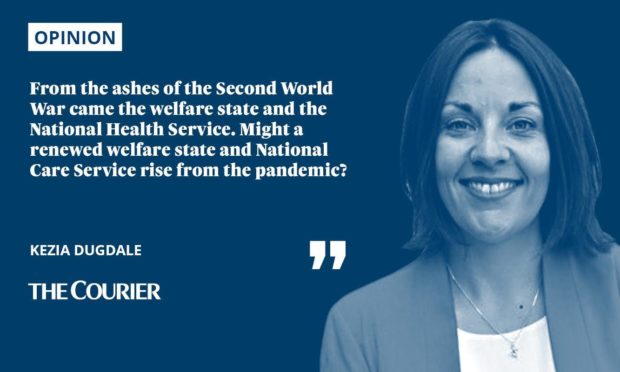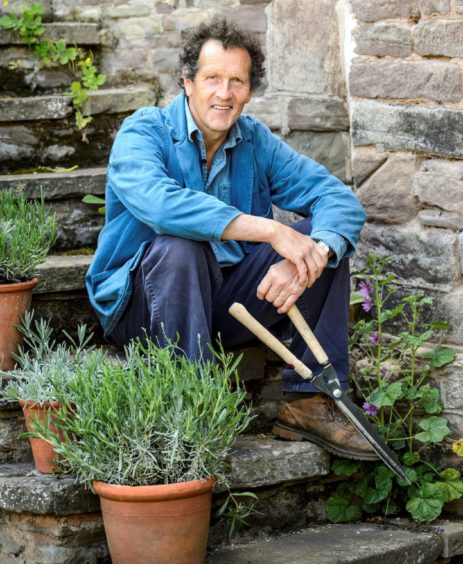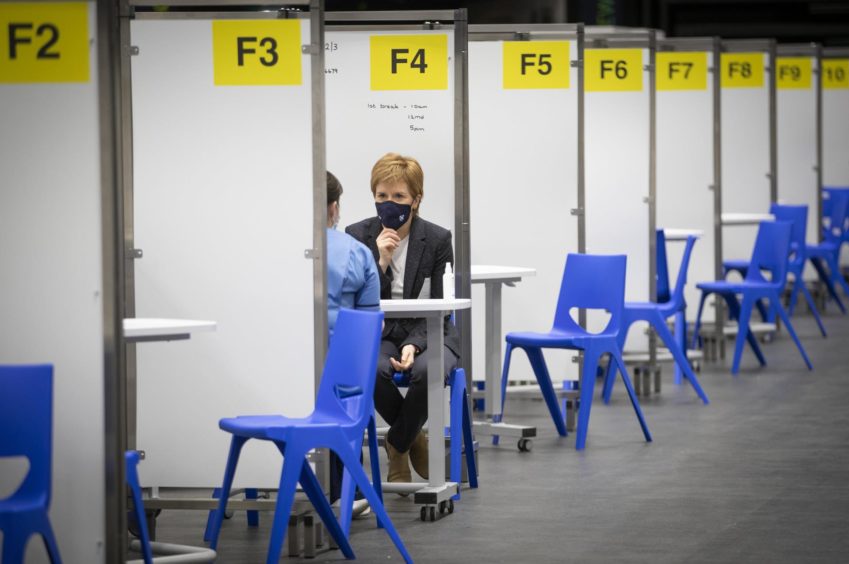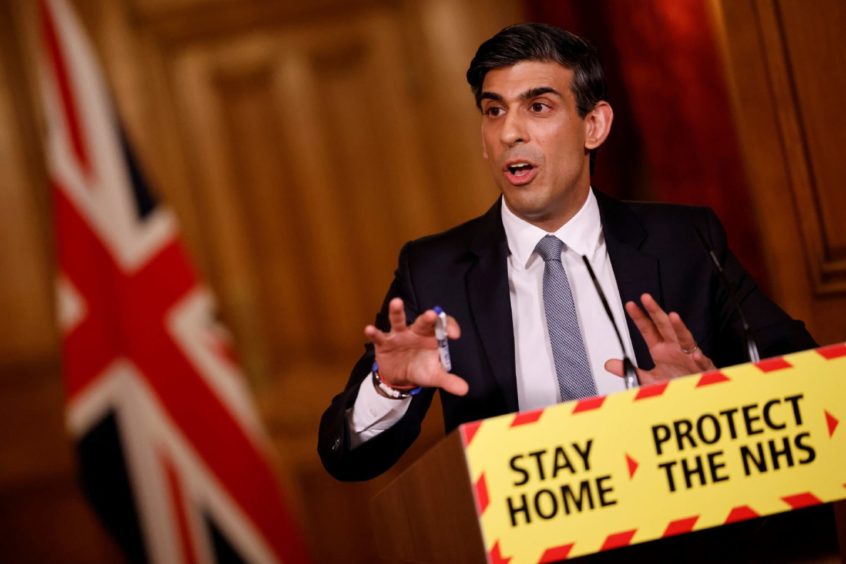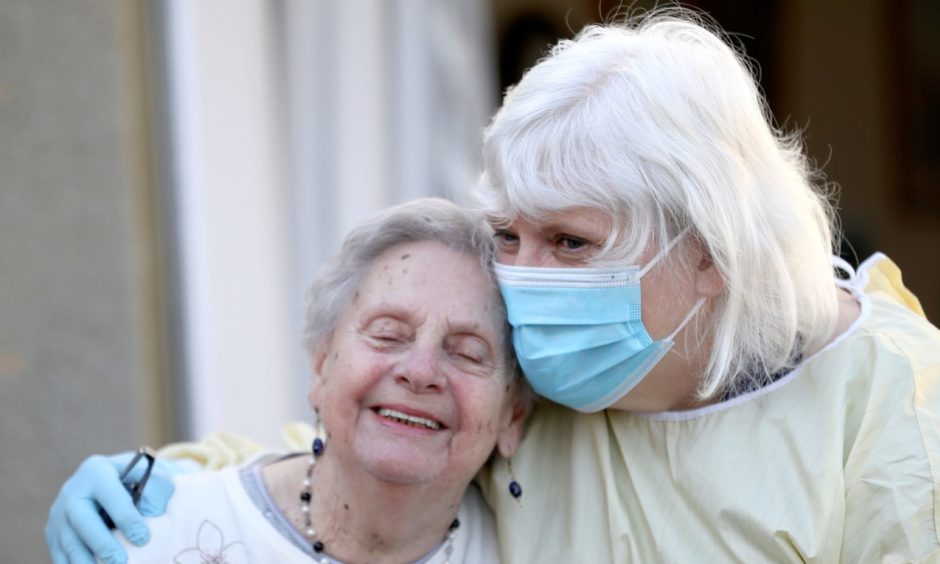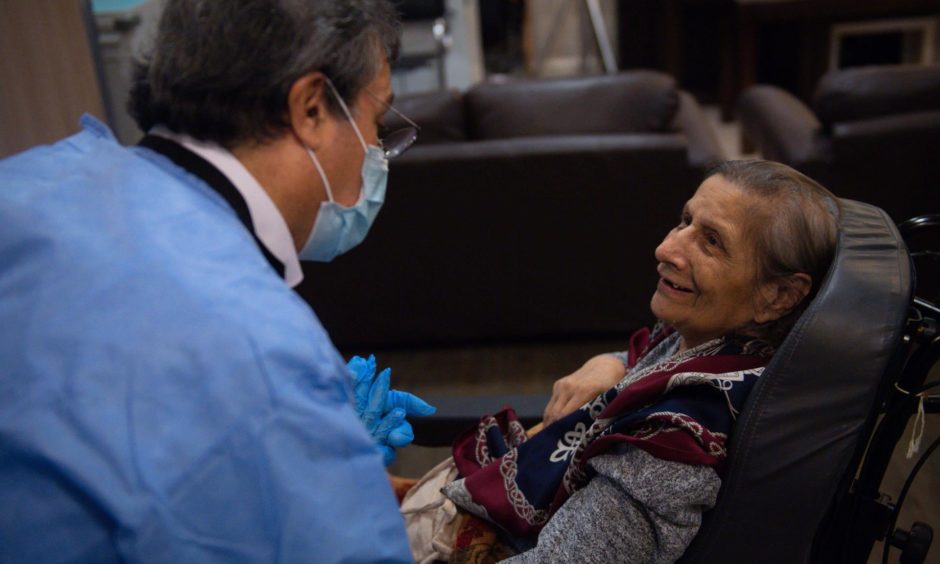I’ve not left Fife in six months. There’s a sentence I never thought I’d say.
In fact, I’ve barely left Markinch.
Life is a little slower for me these days, but it’s also richer. I have a newfound love of gardening and these column inches could yet be filled with reasons as to why Monty Don should be Prime Minister.
By July, I’ll have spent two years at the University of Glasgow both teaching social policy and making the case for politics as a force for good as Director of the John Smith Centre.
I still follow politics in the United Kingdom ferociously, but with a little more perspective and a lot less tribalism.
It’s with zen-like mindset that I arrive on these pages. With a mission to dive into some of the big issues of our time, to explore how well they are served by our democratic processes but always with the unstinting belief that the vast majority of people who enter public life do so driven by good intentions.
We’ve seen concert venues converted into hospitals and watched death rates reported on the nightly news with the ease of a football score
It’s hard to imagine a bigger issue of our time than the Covid-19 pandemic.
For over a year now, our health services have been under siege. We’ve seen concert venues converted into hospitals and watched death rates reported on the nightly news with the ease of a football score.
The research and innovation which created the vaccine and the success of its roll out means that the health crisis of the pandemic may finally be coming to an end, only for an economic crisis to replace it.
The Economics Professor Danny Blanchflower told me this week that half the businesses currently shuttered will not reopen.
Without serious long-term action, we’ll see spiralling unemployment by Christmas, hitting the young hardest. Particularly those working in hospitality, retail and tourism.
In many ways, the pandemic has forced politicians to abandon their political ideology when faced with the hard reality.
I can’t imagine Rishi Sunak thought that his life as a Conservative Chancellor would see him use every facet of the state machine to prop up jobs, essentially nationalising the payroll of millions of workers.
In a moment of crisis like that, there is no real time to play with. Yet there are many other slow burning crises in search of a moment. Where the full attention of “the system” – every pillar and personality of power – faces in their direction with their eyes and ears open.
That moment for the social care sector is now. Everyone knows someone for whom lockdown has brought the darkest and loneliest of times. The inability to see loved ones because of travel restrictions.
If the council boundary line wasn’t the barrier, it was the glass partition, or swathes of PPE equipment. What protected people from the virus also deprived them of the love, dignity and quality of life they deserved.
The scandal of discharging untested elderly patients from hospitals into care homes will rightly be examined by a public inquiry in the aftermath of the election, but we needn’t wait for its results to act. It’s not answers we’re in search of, it’s the will to implement them.
Talking of elections, they are usually events which expose the differences between the political parties. Knowing where they stand allows us to make our choice.
Yet oddly, once you strip out their perspectives on the constitution, it’s the issues where they all agree with each other which has caught my attention.
That includes the urgent need to reform adult social care. The system that supports the elderly, disabled and vulnerable.
From crisis to prevention
From the ashes of the Second World War came the welfare state and the National Health Service. Might a renewed welfare state and National Care Service rise from the pandemic?
The vision proposed is one of a system that moves from crisis to prevention. That keeps people in need of care well in their own homes for as long as possible with proper, funded support.
It believes that adults in need of social care should be seen as an investment rather than a burden on the state. Rooted in the belief that the system must allow people to fulfil their potential and live their best lives, rather than just exist.
That for me was among the most heart-breaking images of the pandemic, seeing so many elderly people in care homes left to just exist, with carers risking their lives to care for them for less than the living wage and a precarious contract.
The answer is a National Care Service, and remarkably the political parties almost all agree, vastly increasing the chances of it becoming a reality.
So no matter how you vote on polling day, you can carry some confidence that our leaders are determined to ensure these wrongs will be righted, and not before time.
